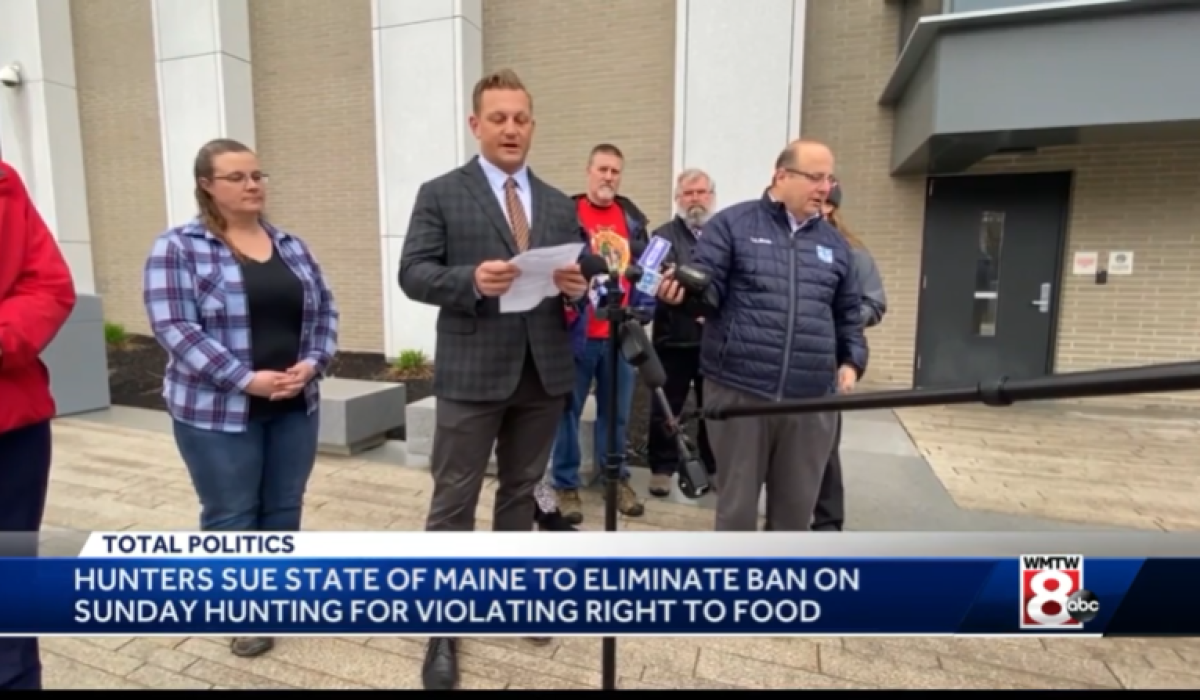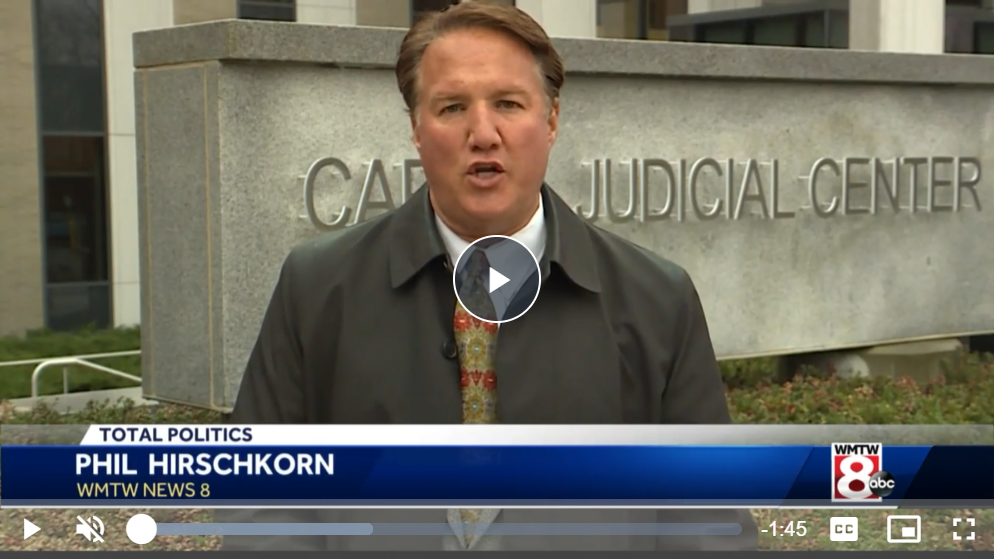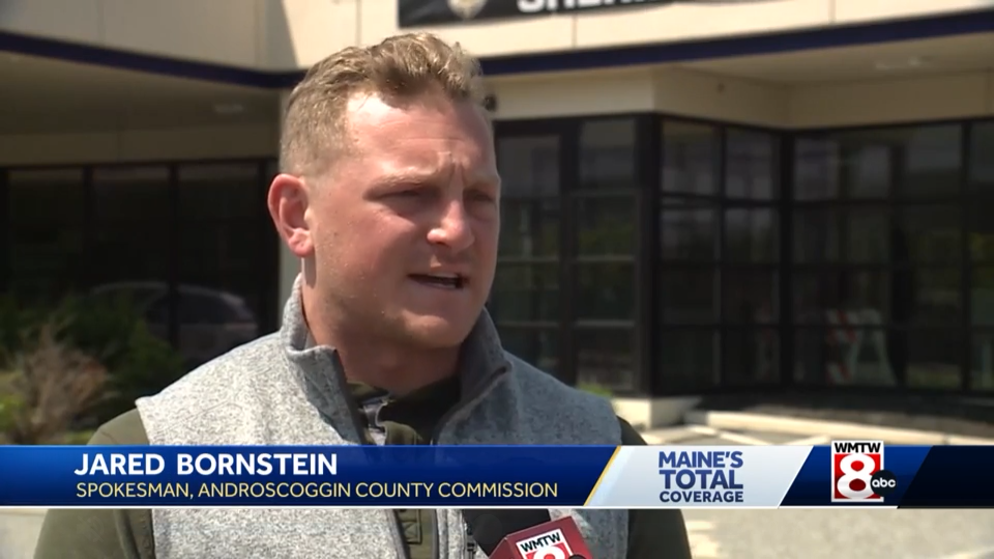A Maine Tradition in Need of Modern Reform
In Augusta District Court, a group of hunters recently filed a civil action challenging Maine’s 139-year-old prohibition on Sunday hunting. I had the opportunity to represent Maine Hunters United for Sunday Hunting in this effort, an organization dedicated to restoring fairness and access for thousands of Maine hunters and families.
For generations, Maine’s hunters have honored the land, sustained their families through wild harvests, and supported rural economies through responsible recreation. Yet for nearly a century and a half, one day of the week has been off-limits.
It is time for that to change.
The Right to Food and the Right to Hunt
The foundation of this lawsuit lies in Maine’s Right to Food amendment, which voters overwhelmingly approved in 2021. That amendment affirms every Mainer’s natural and inalienable right to grow, raise, harvest, and consume the food of their choosing.
Our argument is simple. If Mainers have the right to harvest their own food, that right should not be suspended on one arbitrary day of the week. The law was written in a different time, influenced by a different social climate. Today, it stands as an outdated restriction that no longer reflects the needs or values of modern Maine.
For many, hunting is more than recreation. It is a spiritual, ancestral, and economic necessity. Families depend on the game they harvest for sustenance. Restricting that right on Sundays disproportionately affects working Mainers who can only hunt on weekends.
The Human Side of the Issue
One of the plaintiffs, Virginia Parker of Readfield, illustrated this reality perfectly. As a mother of five with a husband who works full-time during the week, her family has only one day available for hunting. Opening Sunday would allow families like hers to teach their children the principles of conservation, responsibility, and self-reliance while providing more opportunity to put organic, locally sourced food on their tables.
Maine is home to more than 226,000 licensed hunters, a community that contributes significantly to both wildlife management and local economies. The current ban limits those contributions. Neighboring states allow Sunday hunting, creating a ripple effect that sends out-of-state hunters, tourism dollars, and economic growth elsewhere.
The Broader Impact
This issue reaches beyond personal freedom. It affects Maine’s economy, conservation funding, and public perception of hunting as a sustainable and responsible practice.
Out-of-state hunters who might otherwise travel to Maine often choose destinations that allow full weekend access. This results in fewer dollars spent in local gas stations, sporting goods stores, restaurants, and lodges. For communities in northern and western Maine, that loss is felt every weekend of the season.
Modern hunting in Maine is also one of the safest outdoor activities. Data from the Maine Department of Inland Fisheries and Wildlife shows that hunting-related accidents are extremely rare compared to other recreational pursuits.
A Step Toward Fairness and Freedom
At its heart, this lawsuit is about fairness, consistency, and freedom of choice. It does not compel landowners to open their property on Sundays. It simply allows those who wish to hunt on permitted land to do so legally and responsibly.
This issue is not political. It is cultural and constitutional. It speaks to the essence of living freely and self-sufficiently in Maine.
Moving Forward
The conversation surrounding Sunday hunting will continue in the courts, in the Legislature, and among the people of Maine. My hope is that this dialogue leads to a balanced outcome that respects the rights of hunters and landowners while strengthening Maine’s outdoor heritage.
As this case progresses, Maine Hunters United for Sunday Hunting will remain committed to advocacy, education, and collaboration. The goal is progress through understanding and a future where Maine hunters can responsibly exercise their right to food every day of the week.



